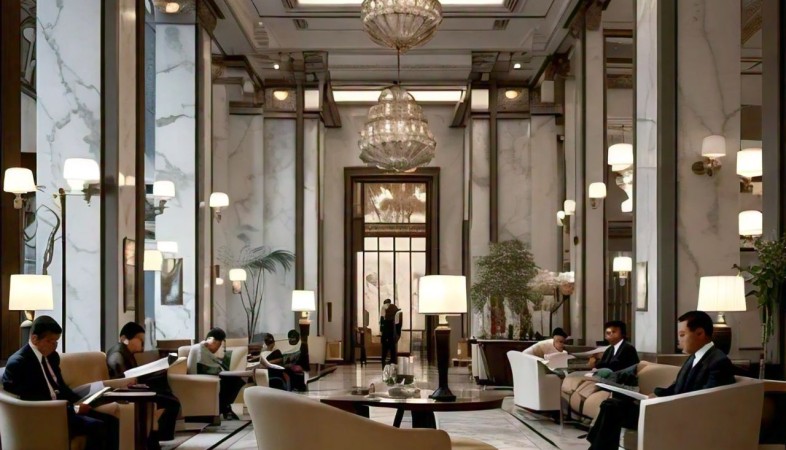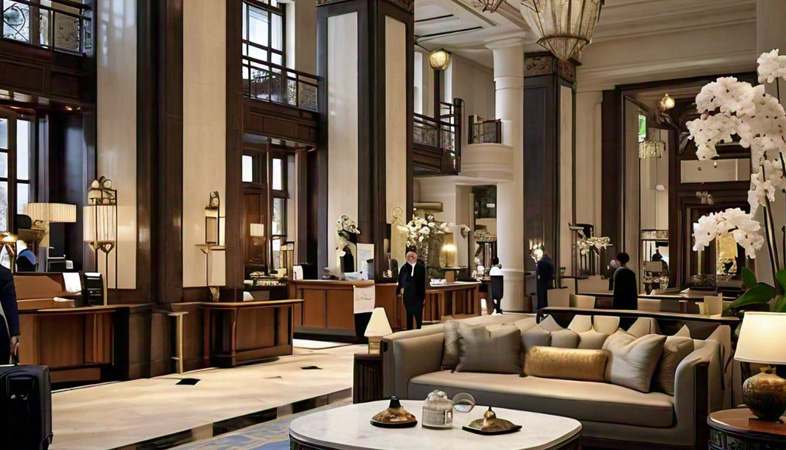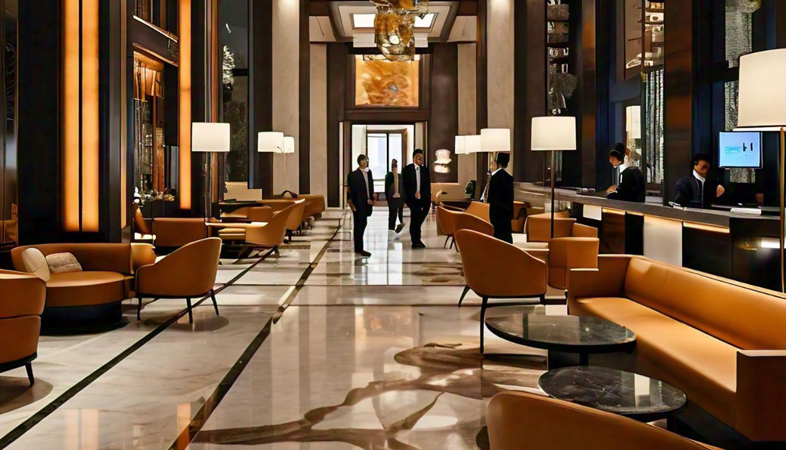Hotel Branding and Identity: Establishing a Unique Market Position
Successful hotel branding is a continuous process of refining and reinforcing the brand identity to resonate with evolving consumer preferences and market trends.
In the competitive landscape of the hospitality industry,
hotel branding and identity play crucial roles in establishing a distinctive
market position and attracting target guests. A strong brand identity goes
beyond just a logo or a name—it encompasses the values, personality, and unique
offerings that differentiate a hotel from its competitors.
Effective hotel branding begins with defining a clear and compelling brand story that resonates with the desired audience. This narrative communicates the hotel’s history, ethos, and mission, creating an emotional connection with guests and fostering brand loyalty. Whether emphasizing luxury, sustainability, cultural authenticity, or personalized service, a well-defined brand identity sets the stage for a memorable guest experience.
Visual branding elements such as logo design, color palette, and typography are integral to conveying the hotel’s personality and values. These elements should be cohesive and reflective of the brand’s positioning, whether it’s sleek and modern, cozy and rustic, or vibrant and eclectic. Consistent use of these visual cues across all touchpoints—from website and marketing materials to signage and guest amenities—reinforces brand recognition and reinforces the hotel’s unique identity.
Moreover, the guest experience itself plays a pivotal role in shaping the hotel’s brand perception. Every interaction, from booking a room to check-out and beyond, should reflect the brand’s promise of exceptional service and authenticity. Personalized touches, such as welcome amenities, handwritten notes, and tailored recommendations, create memorable moments that leave a lasting impression on guests and strengthen brand advocacy.
Strategic partnerships and collaborations can also enhance a hotel’s brand identity by aligning with like-minded brands or local influencers. Collaborative initiatives, such as exclusive packages with renowned chefs, artists, or wellness experts, elevate the guest experience and position the hotel as a hub for cultural enrichment and lifestyle immersion.
In today’s digital age, a strong online presence is essential for effective hotel branding. A well-designed website that is both visually appealing and user-friendly serves as a virtual storefront, showcasing the hotel’s unique features, amenities, and special offers. Active engagement on social media platforms allows hotels to interact directly with guests, share compelling content, and cultivate a community around their brand.
Furthermore, guest reviews and testimonials on online travel platforms and review sites contribute to the hotel’s reputation and credibility. Positive feedback reinforces the brand’s positioning and attracts prospective guests who align with its values and offerings.
Successful hotel branding is a continuous process of refining and reinforcing the brand identity to resonate with evolving consumer preferences and market trends. By establishing a unique market position grounded in authenticity, innovation, and guest-centricity, hotels can differentiate themselves in a competitive market and cultivate a loyal customer base that values their distinctive offerings and experiences.
.png)



























